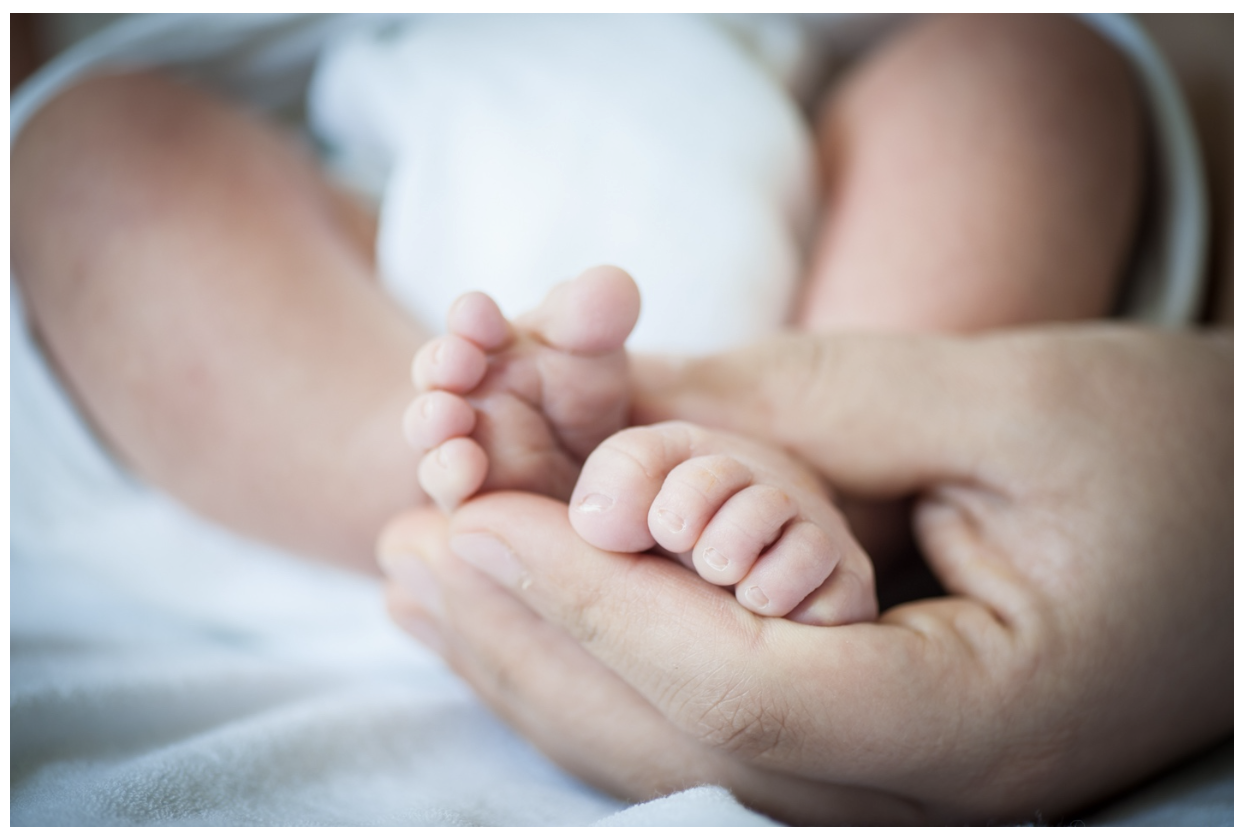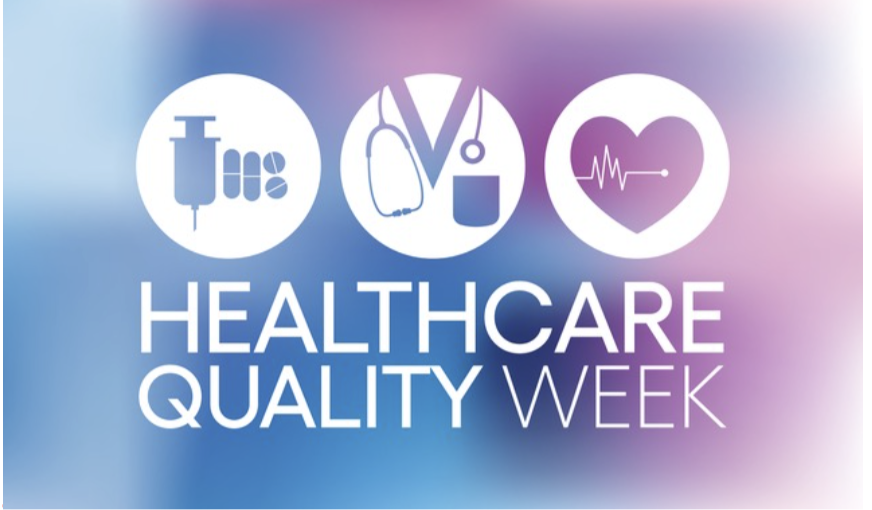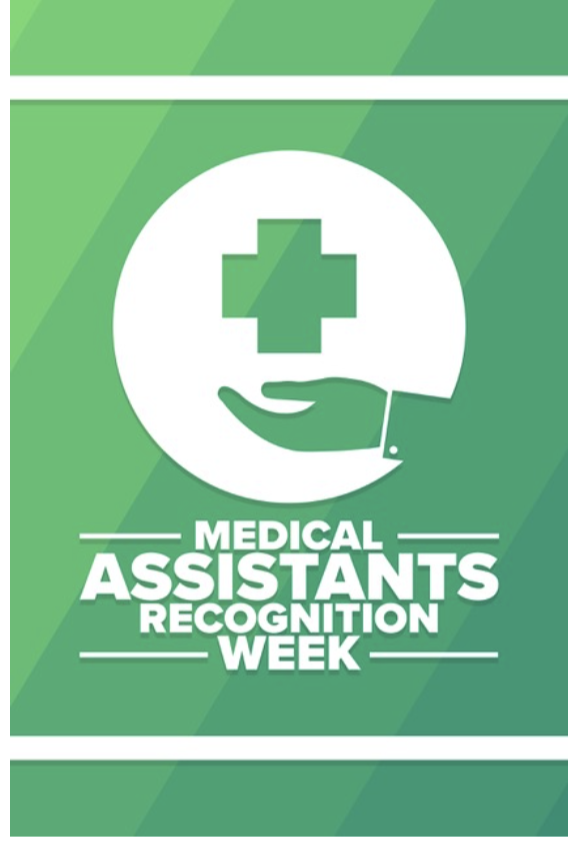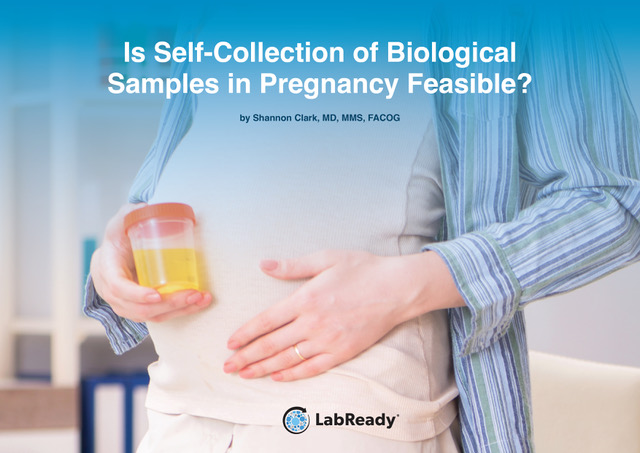Babies have received newborn screening tests at birth for almost 60 years! We are proud to be promoting Newborn Screen Month! #2022NBS. Newborn Screening looks for serious developmental, genetic, and metabolic disorders. Although rare, such diseases are treatable if caught early.
Did you know there are three parts to #newbornscreening? The blood test (or heel stick), the hearing screen, and the pulse oximetry test.
At LabReady, we are very interested in newborn health. We have developed a diagnostic device for Group B Strep. GBS, an infection that can make a newborn baby very ill, could result in seizures, meningitis, pneumonia, sepsis or even death. Although not part of the standard newborn screening, this Newborn Screening Month is a great opportunity to educate you about Group B Strep.
We encourage you to know the three parts of newborn screening, and to learn which newborns are at risk, for Group B Strep.
Which Infants Are Susceptible to Group B Strep?
Which Infants Are Susceptible to Group B Strep?
Group B strep infections in newborns is more likely in mothers who:
- Had Preterm Labor
- Had early water break (rupture of membranes)
- Have a long interval between membrane rupture and birth
- Had fever or internal fetal tracking during Labor
- Had a group B strep infection in the baby from a previous pregnancy
- Have Hispanic or African American ancestry
- Have group B strep in bodily fluids like urine with this pregnancy (bacteriuria)
What Are the Signs and Symptoms of GBS Disease?
Infants and newborns with GBS disease may display these symptoms:
- Fever
- Feeding issues
- Breathing difficulties
- Intolerance or fussiness
- Passivity or sluggishness
- Difficulty maintaining a normal body temperature
How are Newborn Screened for GBS?
Most healthy infants are merely observed to look for infection symptoms which are listed above.
How Are Babies Affected by Group B Strep?
Most babies born to GBS-infected mothers who are given antibiotics all through labor will not have any issues. However, GBS can cause serious illness in some infants. Due to their less evolved bodies and immune functions, premature children were more likely to contract GBS than full-term newborns.
The two forms of GBS disease that affect infants are:
- Early-onset infections, which take place the first week after birth. Within 24 hours after birth, babies frequently display symptoms.
- Late-onset infections, which appear from months to weeks after birth. It is unclear what causes late-onset GBS disease.
Questions to Ask your Healthcare Provider Prior to your Baby’s Arrival
You should discuss newborn screening with your healthcare provider prior to delivery of your baby. Here are suggested questions to guide your conversation:
- What is the newborn screening program?
- Why is newborn screening important?
- What conditions does the newborn screening program cover?
- Why isn’t this called a PKU test?
- Does the current Newborn Screening panel include all disorders listed on the Recommended Uniform Screening Panel (RUSP)?
- What is a false positive?
- What is a false negative?
- What happens if the test results are NOT okay?
- Can infants with any of these disorders be cured?
- How do I obtain my child’s newborn screening results?
- What happens to the blood sample?
Learn more about what to expect from your baby’s first test! To learn more about newborn screening, reach out to our professionals at hello@labready.com
#2022NBS
#gbs
#groupbstrep
#RUSP














